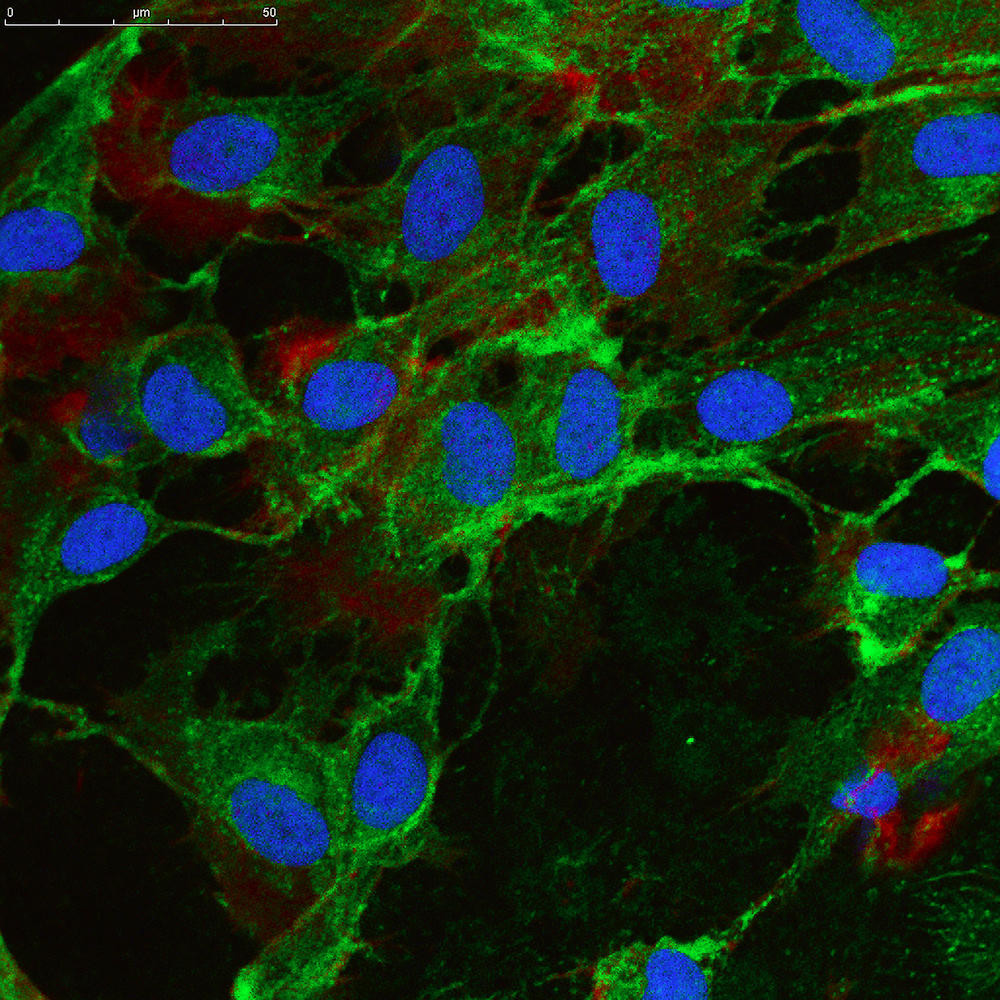The company is focused on the isolation, rapid purification, and expansion of adult mesenchymal stem cells (MSCs). Enjoy these insights into Extem’s future strategies and directions.
Interview with Alec Lee of Extem Bioscience
Cade Hildreth: How and when was Extem founded?
Alec Lee: Extem was founded in 2014 in Vancouver, British Columbia, and now based in San Francisco, California.
Cade Hildreth: How was your team of founders formed?
Alec Lee: The founders – Mardonn, Darson, and Alec – were all alumni of the Biotechnology Program at the University of British Columbia. Mardonn Chua (CEO) conceived the idea as a researcher at Columbia University, as a way to enable his lab to regularly work with primary stem cells.
Darson (CSO) is responsible for experimental design and process development. His experience working as a QA and QC Inspector in industry enables the team to uphold the level of product quality customers expect.
Alec Lee is a Harvard Business School student and oversees the business development and strategic play of the venture.
Mike Bowles (Machine Learning) builds our learning algorithms. He was the co-founder of Com 21, iBeam, and was professor of Machine Learning – Control and Estimation Theory at MIT.
Cade Hildreth: What is the core technology on which Extem is based?
Alec Lee: The core technology is based on two parts – first, the rapid purification and expansion of adult stem cells without genetic manipulation, and second, the development of analytical models of stem cell differentiation based on machine learning algorithms.
On the production end, Extem has developed a new device and process to purify and expand adult stem cells, specifically MSCs at greater numbers. This allows us to provide researchers in academia and industry with improved access to donor- and disease-specific stem cells.
Cade Hildreth: How does Extem differ from other mesenchymal stem cell (MSC) companies?
Alec Lee: Extem’s technology is comprised of a production core and computational biology core. While traditional MSC (and other stem cell) companies offer only marginal improvements in stem cell growth, we are the first stem cell company developing predictive models of stem cell differentiation – i.e. being able to predict, to a certain degree, how well a donor or patient’s cells form into bone or cartilage tissue.
We believe that our two-core technology provides a more robust approach to evaluating the efficacy of MSCs not just for basic research, but also for pre-clinical drug development. At the outset, our system provides our clients with therapeutic-centric data.
Cade Hildreth: Have you filed for or are you pursuing intellectual property (IP) positions?
Alec Lee: Yes, the company has filed a provisional patent on our production process. We are currently developing IP for our machine learning systems.
Cade Hildreth: What are your near-term (3-5 year) goals?
Alec Lee: We have three main goals in the near term: first, to expand our bank of stem cells to 100 donors, second, to complete the next version of our machine learning algorithms for osteogenic, adipogenic, and chondrogenic differentiation, and third, to work with clinicians in assessing the predictive power of our algorithms in stem cell-based therapeutic applications.
Cade Hildreth: Do you anticipate seeking out partnerships or investors for Extem Bioscience?
Alec Lee: Yes, we have raised venture capital to fund initial operations and anticipate raising further investment for future R&D.
Cade Hildreth: Do you foresee yourselves staying a MSC-specific company or expanding into other stem cell types?
Alec Lee: Expanding to different stem cell types (e.g. hematopoietic stem cells and even induced pluripotent stem cells) is on our timeline. We have specifically developed our tech to be tractable for other stem cell types.
Cade Hildreth: Thank you for the honor of doing this interview and for sharing insights into your innovative MSC products.
To learn more about Extem Biosciences, visit www.ExtemBio.com or connect with Alec Lee on LinkedIn.
